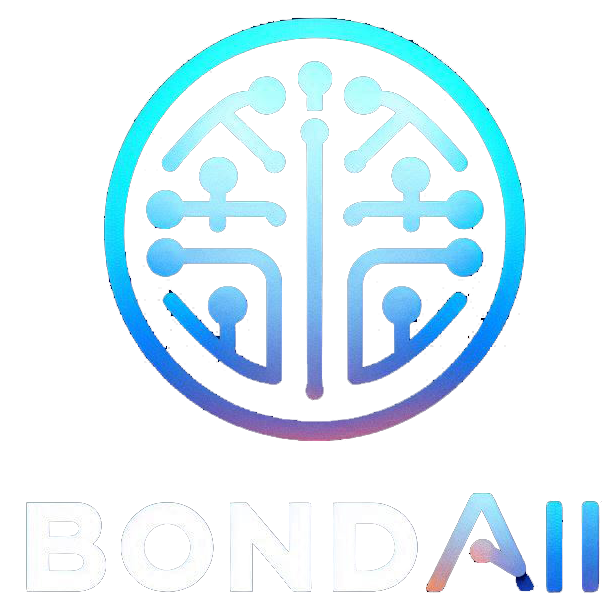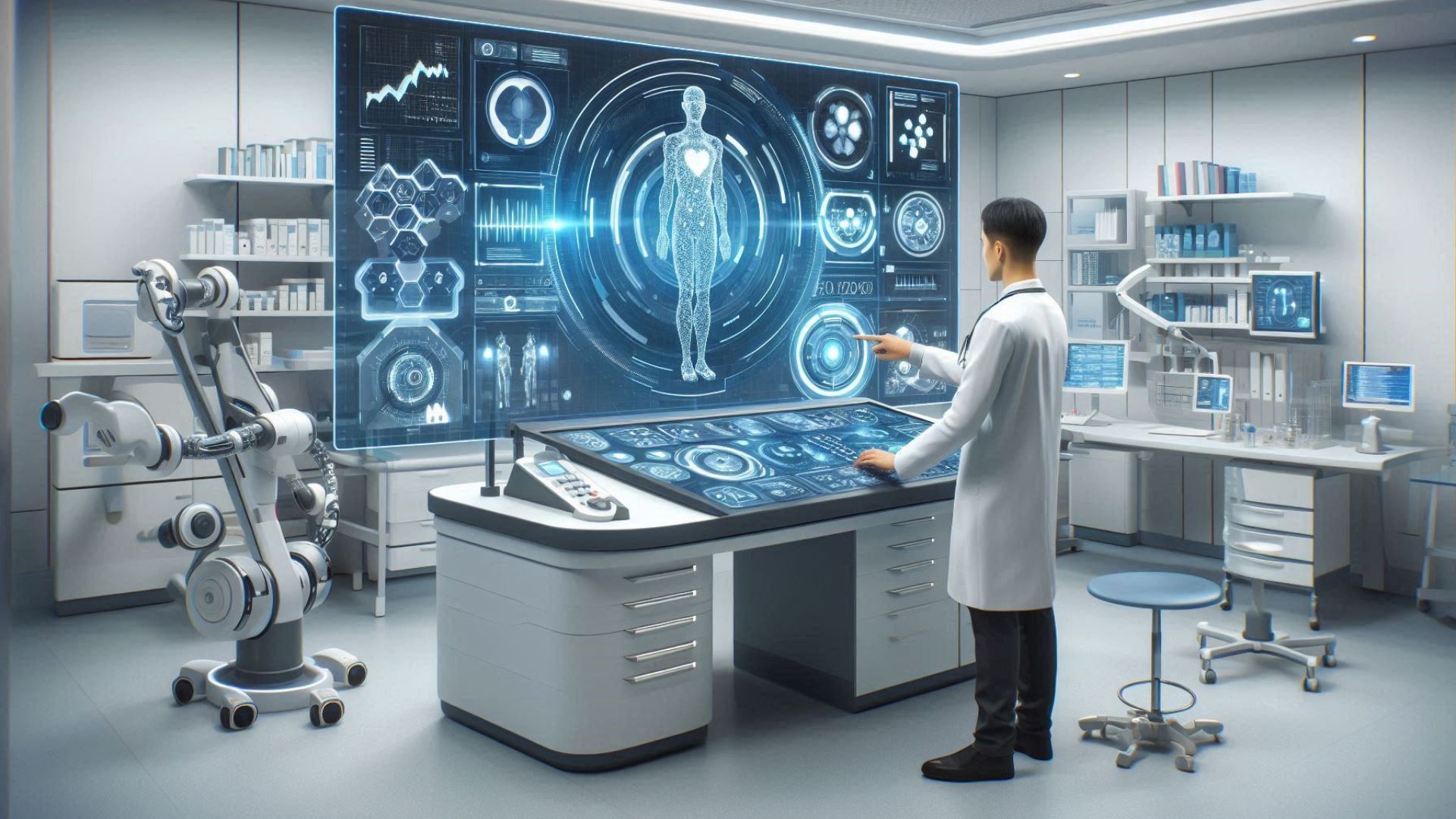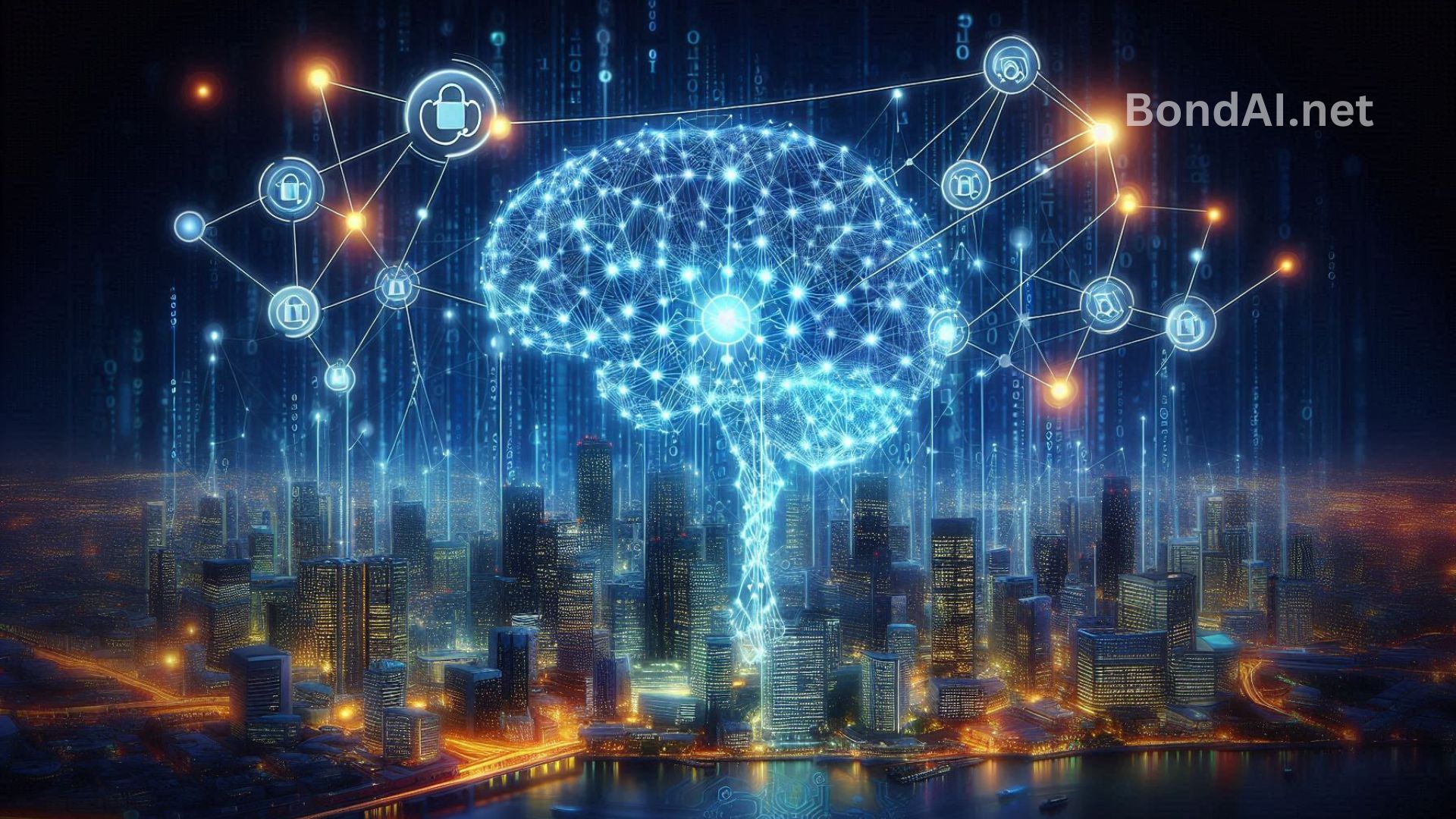Artificial Intelligence (AI) is no longer just a thing of the future—it’s already here and making a huge impact on healthcare. From improving diagnosis accuracy to streamlining hospital operations, AI is changing the way healthcare professionals diagnose, treat, and interact with patients.
What is AI in Healthcare?

AI in healthcare involves using advanced algorithms, machine learning, and neural networks to imitate human decision-making. Its main goal is to improve clinical outcomes by simplifying processes and providing data-driven insights.
How AI is Changing Healthcare Technologies
AI is playing a transformative role in healthcare across areas like diagnostics, treatment planning, surgery, and patient care. Its ability to process and analyze large amounts of data has led to huge improvements in patient outcomes.

Also Read: What are the Top Trends in Machine Learning for 2025?
Improving Diagnostic Accuracy
- AI in Radiology
AI tools are trained to look at radiographic images and spot issues like fractures, tumors, or lesions that might be missed by the human eye. Computer-aided detection (CAD) systems help radiologists make more accurate diagnoses. - AI for Early Cancer Detection
Early detection is key for treating cancer. AI can analyze mammograms and CT scans to find early signs of cancer with remarkable precision. - AI in Pathology
In pathology, AI tools can scan tissue samples to find potential cancer cells. This speeds up the diagnosis process and ensures more accuracy.
Using Predictive Analytics
Predictive analytics uses past data to predict future events. In healthcare, AI-driven models are essential for identifying patients at risk for chronic diseases or complications.

- AI in Disease Prevention
AI can forecast the onset of diseases like diabetes or heart disease, enabling early intervention that could prevent more serious conditions. - Risk Stratification in Chronic Diseases
AI algorithms analyze patient histories and lifestyle factors to determine risk levels, ensuring that high-risk individuals receive the care they need on time.
Personalized Medicine
- AI in Genomic Data Analysis
AI is transforming genomics by helping to analyze genetic data to find mutations that could lead to inherited diseases, allowing for earlier intervention. - AI for Tailored Treatment Plans
AI helps healthcare providers create personalized treatment plans by considering a patient’s medical history, genetic data, and lifestyle. - Pharmacogenomics and AI
Pharmacogenomics studies how genes affect a person’s response to medications. AI can predict how a patient will respond to specific drugs, reducing the risk of negative side effects.

Also Read: How does 5G Support Emerging Tech Innovations?
Robotics and Surgery

- Robotic Surgery Innovations
AI-powered surgical robots provide precision, flexibility, and control, reducing human error and improving recovery times for patients. - AI-Assisted Surgery
AI systems assist surgeons with real-time data, like patient vitals or imaging scans, during surgeries, improving decision-making and outcomes. - Remote Robotic Surgery
Thanks to AI and telemedicine, specialists can now perform surgeries remotely, expanding access to care and allowing patients in remote areas to receive expert treatment.
AI in Telemedicine
- Virtual Health Consultations
AI makes telemedicine easier by enabling virtual consultations, making healthcare more accessible for patients, especially those in rural or underserved areas. - AI Chatbots for Patient Interaction
AI chatbots are increasingly used to answer patient questions, schedule appointments, and provide health information 24/7. - Remote Monitoring Devices
Wearable devices that track health metrics use AI to analyze the data and alert healthcare providers if something seems wrong.

Also Read: What are the Most Promising AI Startups in 2025?
Ethical Implications of AI in Healthcare
With all the benefits AI brings to healthcare, there are also some ethical issues to consider, such as privacy, security, and biases in decision-making.
- Data Privacy and Security Concerns
Healthcare data is sensitive, so it’s crucial to ensure that it’s securely stored and transferred to protect patient privacy. - Addressing Algorithmic Bias
AI systems need to be trained on diverse datasets to avoid biases that could lead to unfair treatment for certain patient groups. - Regulatory Compliance
Healthcare AI must follow strict regulations to ensure its safety and effectiveness. Transparency and explainability are key to gaining regulatory approval.










